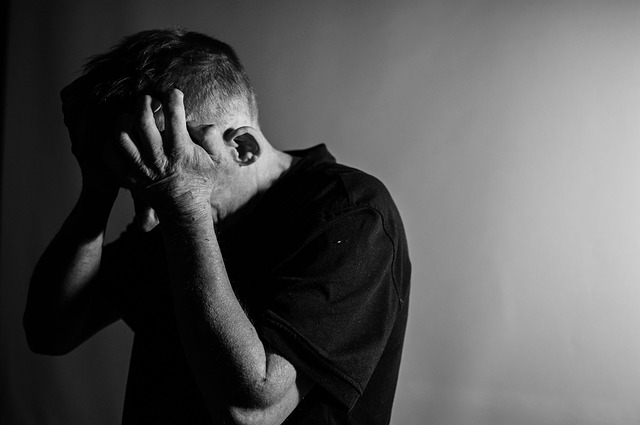A Stark Glimpse of Mental Health Problem in Malaysia

The increasing number of Malaysians reported of having mental health problems today is very worrying. It is of note that the mental health problem was already taking place as one of the main social problems in our society, even before the outbreak of COVID-19. Life pressure as the result of economic hardship, family problems, and social pressure were identified as among the main factors contributing to mental health problems. The climax of suffering from mental health problem is when the patients deliberately choose to end their suffering by committing suicide. Before the COVID-19 pandemic, the number of suicide cases reported in Malaysia was 609 in 2019 and increased to 631 in the year 2020. Meanwhile in the year 2021, within only five months into this year, from January to May, a total of 468 suicide cases were reported. It is undeniable that the main factor contributing to the increasing number was attributed to life pressure caused by the impact of COVID-19.
The COVID-19 pandemic really caused a huge negative impact on people living all over the world, partly as the result of the decision by most governments to implement drastic measures to contain the spread of the COVID19 virus. Measures such as lockdown and closing the border paralyzed the economy of the country. Businesses are closed, people are losing jobs, with no income to sustain daily life expenses, and matters are made worse when there is no clear sign of the end of COVID19 pandemic within the foreseeable future. Even after more than one year people are suffering and hoping for the end this pandemic, yet the prospect of returning to normalcy is still unclear. This invokes sense of hopelessness among the public and put them further under pressure, which could lead to depression and burnout.
Most of the countries in the world including Malaysia, are working hard to return to normalcy. Therefore, every country now is struggling to vaccinate their people because they see this is one of the best hopes to bring people’s lives back to the normal, where the economics sector and social life can be running as before the COVID-19 pandemic started. But, to achieve normalcy is not that easy although the COVID19 outbreak is successfully contained. The impact to the economy caused by COVID-19 is devastating, which also affects other aspects of life such as social life, political stability, healthcare system, education etc.
In other words, people must accept the fact that life post COVID-19 will be more challenging than before, despite being able to ‘back to normal’ life. But people need to ‘recuperate’ from the ‘injury’ that they sustained as the result of COVID-19 pandemic, which required a lot of ‘medicine’. For example, someone who lost their job or closed their businesses would have severe consequences in their life as they would be facing financial burden, not being able to maintain their living standard and social life, having a problem to maintain their children’s education etc. To ‘treat’ all the ‘injuries’ requires adequate ‘medicine’, meaning that they need to get their job or restart their business with at least similar income, otherwise they would have to adapt to lower standard of living. Failing to do so, again, would also further affect their mental health.
Based on the past experience, for example, in the aftermath of the Asian Financial Crisis in 1997/98, it was not possible to recover 100 per cent from ‘injuries’. The economic prosperities post 1997/98 crisis were lower than prior to the crisis. Following the crisis, the overall wellbeing of the society has slightly dropped. This phenomenon happened every time economic crises occurred in the world which is dominated by the capitalist system. In other words, the trend shows that every time crises happened, people’s lives post crises became more challenging and under pressure. Compared to many previous economic crises, the devastating impact to the economy caused by the COVID-19 pandemic is more severe. Therefore, we can expect that the impact on people’s lives is also more severe. If the number of people having mental health problems was already high before the COVID-19, then it is not surprising if the number of cases could increase drastically despite the return to normalcy has successfully achieved afterwards.
The question is, why? Is it a normal phenomenon? The short answer is because our economy is managed using the capitalist economic system. This is not normal; this is the consequence of the implementation of such economic system which has track record of being destructive implications and marked by cycles of economic crises over centuries of its implementation. Therefore, people’s lives will be more devastated and consequently the number of people having mental health problems will increase as long as capitalism dominates the world. To end this destructive cycles, we need to tear down the domination of capitalism and replace it with the Islamic economic system under the shades of Islamic leadership.
